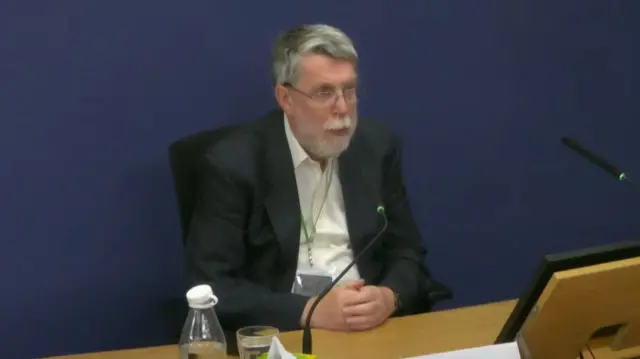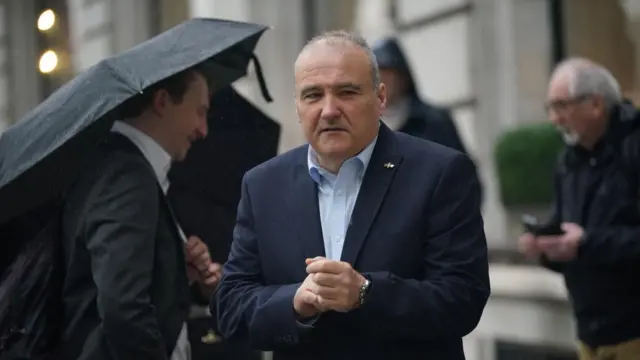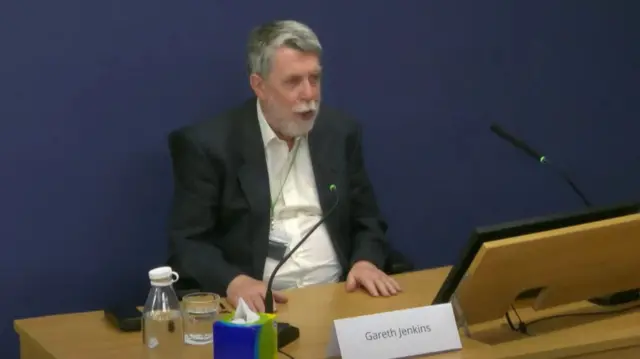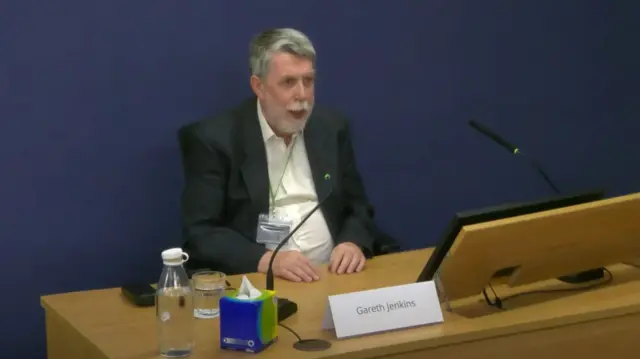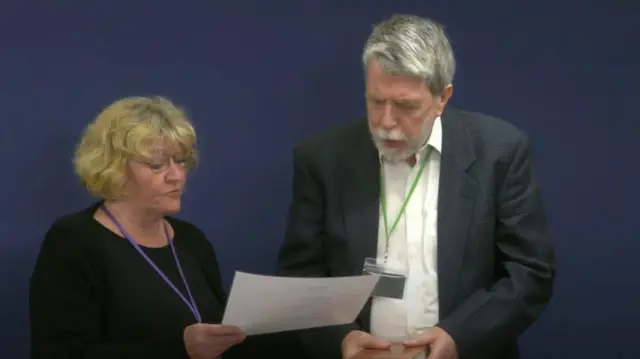
Ex-Fujitsu engineer says he was never aware of duties as expert witnesspublished at 13:35 BST 25 June 2024
 Emma Simpson
Emma Simpson
Business correspondent, at the inquiry
What to make of the ex-Fujitsu engineer Gareth Jenkins? So far at least, he comes across as an engaged and straightforward witness.
His defence is clear - he was never made aware of his duties as an expert witness saying, “I’d have done things differently if I’d been aware of my responsibilities".
He’d had no legal training.
Did he feel under pressure by the Post Office or PO lawyers, he was asked.
There were cases where they were “trying to put words into my mouth”, although he said he wouldn’t have allowed them to do that unless he agreed with them.
He was clearly an expert in how Horizon worked but his credibility as an expert witness was shot to pieces by 2013.

